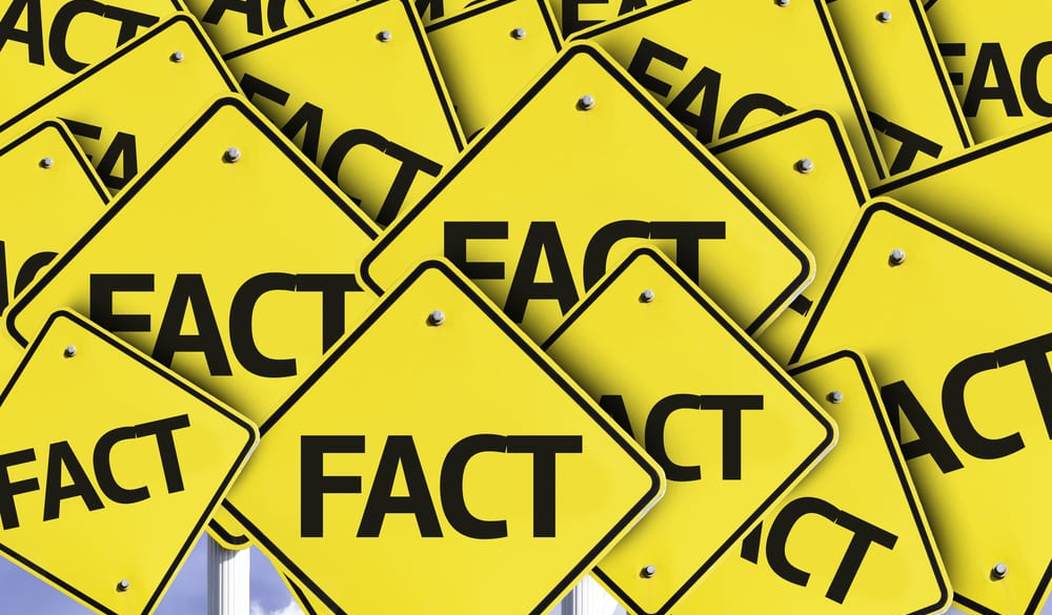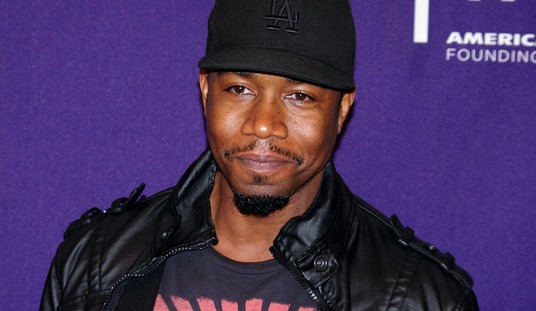“Fake news” is very much in the news these days.
Barack Obama was off in Lima complaining that “fake news” was responsible for the defeat of Hillary Clinton. I guess that depends on what your definition of “fake” is.
Meanwhile, cranky libertarian Ron Paul has given us a handy list of the forty-eight mainstream media “journalists” (scare quotes Ron’s, but how could you argue?) who were caught, largely through WikiLeaks, colluding with the Hillary Clinton campaign during the election.
Which company was the worst? Three worked for Politico and The Guardian, five for ABC, six each for MSNBC and the New York Times, and nine for CNN. (We have a winner!)
“Fake news,” anyone? Or is that restricted to Breitbart.com and InfoWars?
But far more important than the increasingly unpopular MSM or a president nine-tenths out the door is a purveyor of news with exponentially more power and reach than all of them put together, squared — Facebook. That company’s founder and maximum leader Mark Zuckerberg has been taking heat about “fake news” as well and is making his special attempt to solve it. From the WSJ:
The first and most important step is to rely on technology to better classify misinformation and “detect what people will flag as false before they do it themselves,” Mr. Zuckerberg said.
Oh, good. “Garbage in, garbage out.” I think we’ve heard that before.
Another step is to make it easier for users to report fake stories, he said. Facebook has long relied on users to flag objectionable content, including fake news.
And who will they report the “fake” stories to? Who will then determine if they are fake or not?
Facebook is turning to outside groups for help in fact-checking, Mr. Zuckerberg wrote.
Groups chosen by Facebook, of course. (Conservatives picked by Facebook will be self-promotional goofballs like Glenn Beck — at least they were in the past.)
It is also exploring a product that would label stories as false if they have been flagged as such by third-parties or users, and then show warnings to users who read or share the articles.
Just what we need — trigger warnings. They work so well on campus.
Facebook earlier this week announced it would bar fake-news sites from using the company’s ad-selling tools. Mr. Zuckerberg said he is looking into “disrupting the economics” of sites that traffic in fake information.
I wonder who those “fake-news sites” are. Not the New York Times, of course, for whom Jayson Blair fabricated umpteen front page stories and Walter Duranty flat-out lied about Stalin’s mass starvation of the Ukrainians.
Mr. Zuckerberg reiterated that Facebook doesn’t want to become an arbiter of truth itself.
But that’s just what it is. They determine the fake sites.
“The problems here are complex, both technically and philosophically,” he wrote. “We believe in giving people a voice, which means erring on the side of letting people share what they want whenever possible.”
Well, that’s good, if it’s true, which I doubt. The problem with Facebook is that it has far too much power. You could easily write a corollary to Lord Acton: “Media power tends to corrupt and absolute media power corrupts absolutely.” In fact, media are ultimately more powerful than our leaders. (Hillary Clinton is probably gone forever. George Stephanopoulos, her faithful lapdog, could be with us for the next thirty years.)
Facebook, through our own sloth and compliance, is approaching absolute media power, if it hasn’t achieved it already.
This news monopoly is truly dangerous for obvious reasons, even if the monopolist feigns or actually believes he has an attitude of openness, as Zuckerberg does.
The problem is that it’s all about humans — they are the ones, at least until AI takes over, making the determinations. And I haven’t met a human yet who isn’t biased. That includes Zuckerberg, the New York Times, National Review, PJ Media or anybody I know or have known.
Have you?
Ergo, on a certain level, all news is fake. Reading or watching the news is the ultimate version of caveat emptor.
One of the great positives of election 2016 was that the media was almost totally distrusted. They told the electorate repeatedly that Donald Trump was horrible and that Hillary Clinton was the infinitely better choice and we all know what happened.
Power to the people. That’s the point. Trust yourself. All news is fake, I repeat, at some point. It’s just somebody’s narrative, including this.
Roger L. Simon is an award-winning novelist, Academy Award-nominated screenwriter and co-founder of PJ Media. His latest book is I Know Best: How Moral Narcissism Is Destroying Our Republic, If It Hasn’t Already.









Join the conversation as a VIP Member